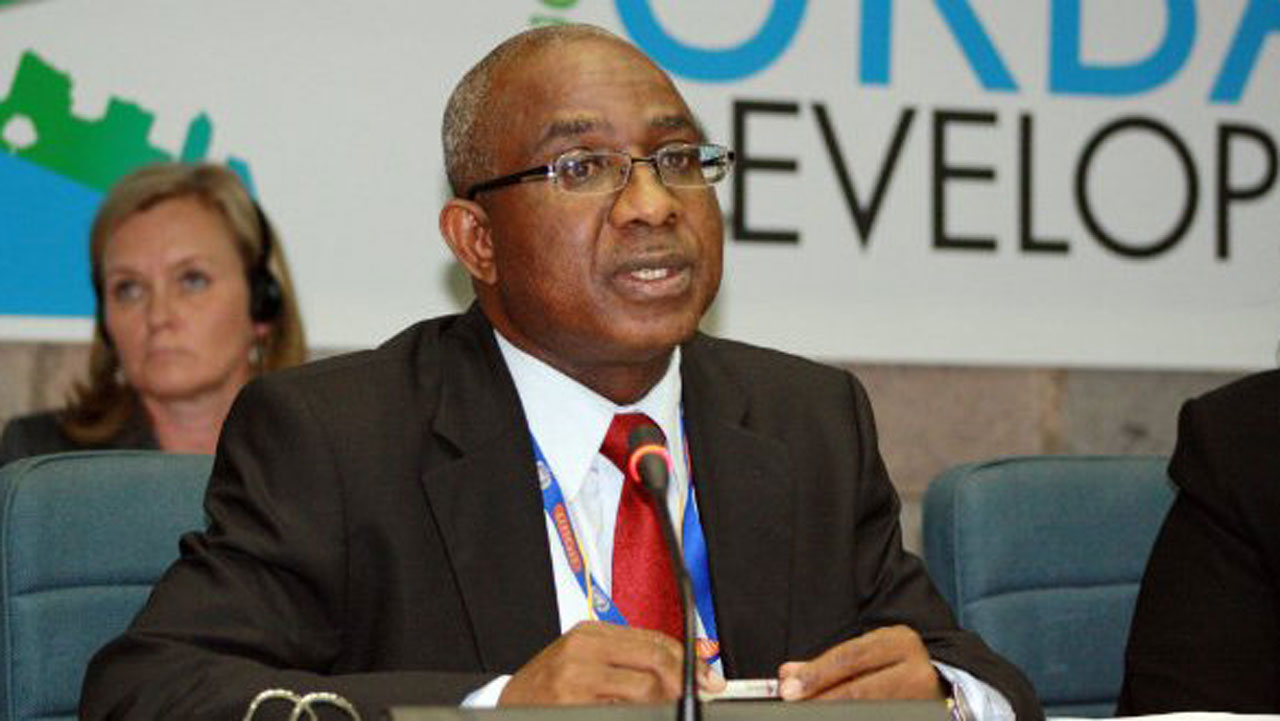
The economists, who spoke against the backdrop of the recent Multidimensional Poverty Index (MPI) report, which disclosed that 133 million Nigerians, 63 per cent of the population, are currently living in poverty, said that what the government has been doing is palliative, and does not address the fundamental causes of poverty.
The MPI report by NBS said that the main causes of poverty in Nigeria include lack of access to health, education and living standards, alongside unemployment and shocks.
The MPI survey, a collaborative effort between the National Bureau of Statistics (NBS), the National Social Safety-Nets Coordinating Office (NASSCO), the United Nations Development Programme (UNDP), the United Nations Children’s Fund (UNICEF), and the Oxford Poverty and Human Development Initiative (OPHI), was released last week.
Professor Oyebanji Oyelaran-Oyeyinka, Special Assistant to the President, African Development Bank (AfDB) on industrialisation, told, The Guardian, in an interview that the causes of the elevated poverty incidence in Nigeria are largely structural and endemic.
He said that Nigeria needs to address the widespread insecurity that is now commonplace in rural because it has made productive farming almost impossible.
“The challenge of insecurity is what one might describe as pouring salt into a festering wound. Again, Nigeria has not succeeded in becoming a production nation. When your rate of imports is far higher and faster than exports, you run into a balance of payment crisis, which is currently crippling the domestic productive sector.
“Firms are laying off staff, thereby throwing urban families into poverty.” He said that the easiest way to solve the poverty problem is to create massive employment.
On his part, the former Director General, Lagos Chamber of Commerce and Industry (LCCI), Dr Muda Yusuf, stated that the social investment programmes of the government are not addressing systemic issues.
According to him: “Government is not addressing policy and structural issues, which are contributing to the widespread poverty.
“Look at the total number of people who have been directly impacted by these social investment programmes, I’m not sure they are up to two million compared to 133 million living in poverty. You can’t solve this scale of the problem with that kind of intervention.”
Yusuf, who is the founder/CEO Centre for the Promotion of Private Enterprise (CPPE), said that interventions cannot solve insecurity or infrastructure problems making life difficult for small business owners, nor can it solve the problem of inflation eroding the purchasing power of people and making people poorer.
The Director General, Abuja Chamber of Commerce and Industry (ACCI), Ms. Victoria Akai, told The Guardian that the design and implementation template of the social investment programmes are low in stakeholders’ participation.
She said that it is possible that the programme may have been hijacked by political elements, as was the case in the handling of the school feeding programme and others.
The National President of All Farmers Association of Nigeria (AFAN), Arc Kabir Ibrahim, said that all the plans to reduce poverty in Nigeria should be reinvigorated and made to work in synergy with each other.
According to him: “Government should ensure proper implementation of policies targeted at reducing poverty. Investments in agriculture must be accompanied by proactive action to ensure the rapid attainment of food security.”



